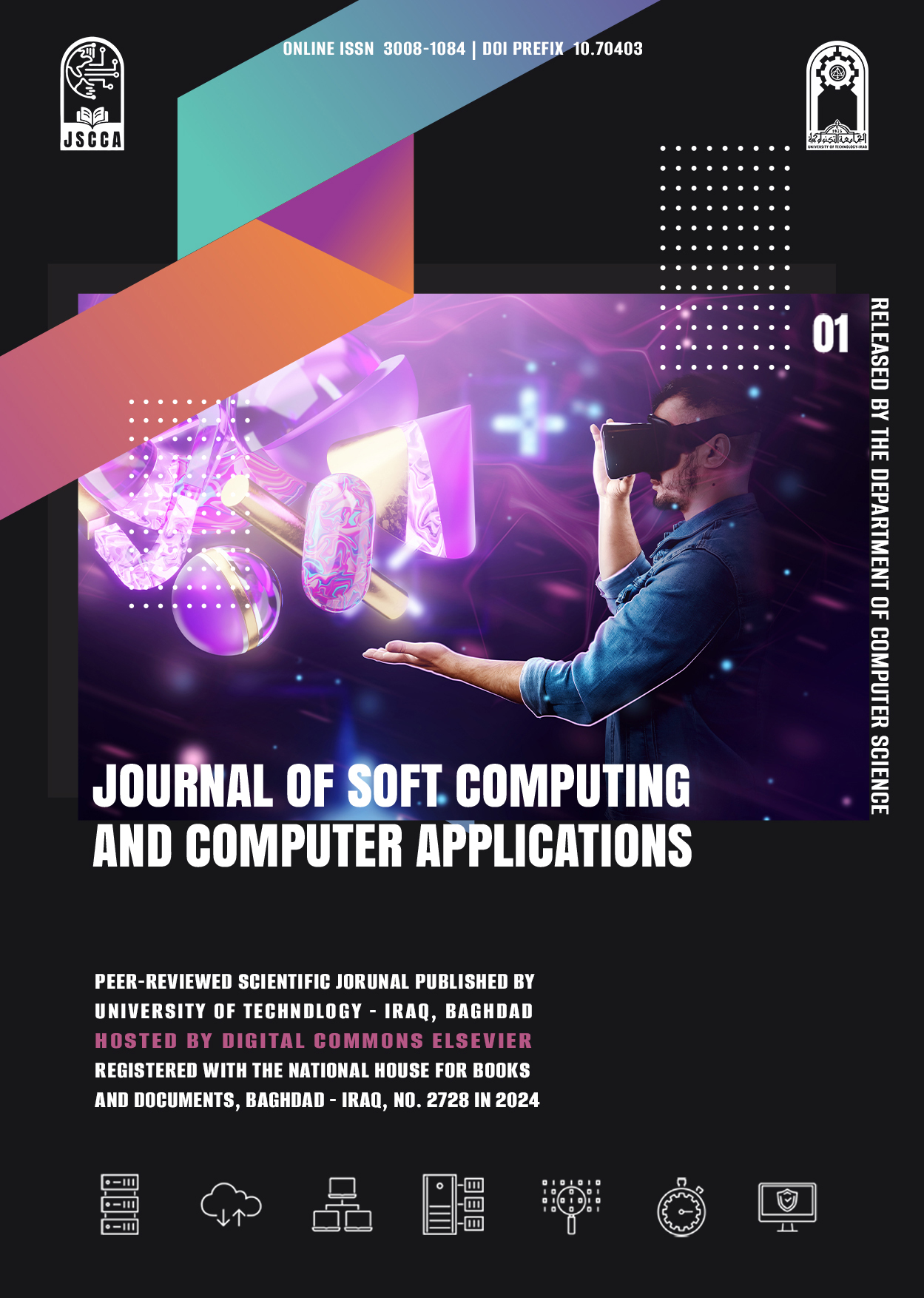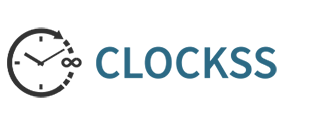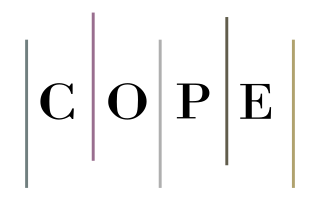The Journal of Soft Computing and Computer Applications (JSCCA) is a biannual, open-access scientific journal that undergoes peer review. It is dedicated to advancing the field of artificial intelligence and computer applications. The journal is established by the Department of Computer Science at the University of Technology-Iraq (UOT) in Baghdad. JSCCA is a recently established online journal, with its inception date recorded as August 2023. JSCCA has chosen to utilize the Digital Common's platform for its publication.
The journal's website serves as the primary source for accessing most of its articles. As a comprehensive platform, JSCCA offers a diverse papers on various subjects related to artificial intelligence and computer applications. While not limited to these areas, the journal serves as a valuable reference source, fostering the exchange of ideas and encouraging collaboration among researchers, academics, and practitioners in different fields. Some of the areas covered include Data Mining and Big Data, Database Systems, Data Science, Robotics, Cognitive Neuroscience, Image Processing, Computer Networks, Software Engineering, Information Security, IoT & Mobile Computing, Parallel & Distributed Systems, Human-Computer Interaction, Pattern Recognition, and Cloud Computing.
JSCCA journal adheres to a rigorous peer-review process that guarantees the high quality of its published articles. This journal operates a single-blind review process (the names and information of the reviewers are hidden from the author). Every submitted paper undergoes a comprehensive evaluation by field experts before acceptance for publication. To be eligible for publication, papers must satisfy the originality criteria, where all papers must present original work and should not be concurrently submitted to other journals or conferences. All papers must be written in United States English. The manuscript similarity index must be less than 20%.
The JSCCA is dedicated to upholding high standards for its publications, and authors are expected to comply with these guidelines when submitting their work. Authors of peer-reviewed articles should consider account the following considerations:
- Clearly articulate the significance of their work within the broader field of study, providing context and demonstrating their contribution.
- Explain the motivation behind their research, emphasizing the reasons and objectives that drive their work.
The Journal JSCCA welcomes submissions of various article types, including:
- Original research articles: These papers present original findings and contribute new knowledge to the field. They typically include a clear research question, methodology, results, and discussion of the findings.
- Comprehensive review articles: These articles offer a thorough and critical analysis of existing literature on a specific topic. Comprehensive review articles synthesize and evaluate previous research, identify gaps in knowledge, and provide insights for future studies.
The average time for submission to the first decision is 6 weeks and the final decision is 12 weeks.
See the Aims and Scope for a complete coverage of the journal.
Current Issue: Volume 2, Issue 1 (2025)
Predicting Earthquake Location Using Convolutional Neural Network-Attention Mechanism Approach
Mohammed A. Jaleel Shaneen and Suhad M. Kadhem
Enhancing Cybersecurity based on Blockchain Technology: A Systematic Review
Sarah Mohammed Shareef and Rehab Flaih Hassan
Arson Event Detection Using YOLOv9
Ali Abbas Abbod, Matheel E. Abdulmunimb, and Ismail A. Mageed
Modern Face Recgognition Systems: A Review of Methods and Empirical Findings
Zahraa Naji Razoqi, Raheem Ogla, and Abdul Monem S. Rahma
Blockchain-based Physical Election Votes Digitally Secure Transfer
Mohanad A. Mohammed and Hala B. Abdul Wahab
Cutting-Edge Methods for Analyzing Student Behavior in Educational Settings: A Review
Shatha Talib Rashid and Hasanen S. Abdullah





